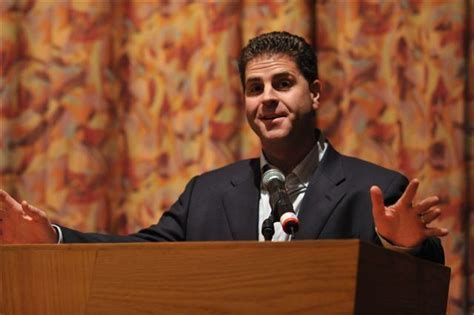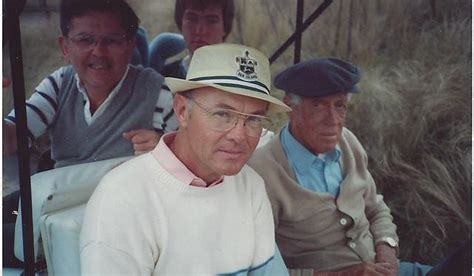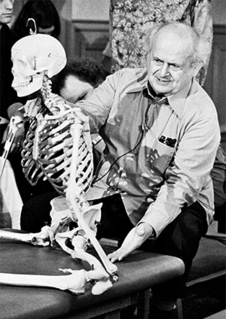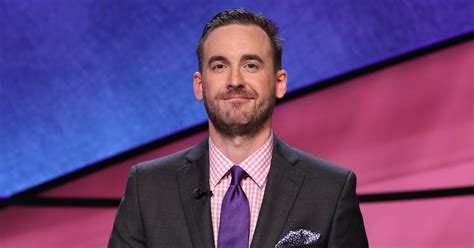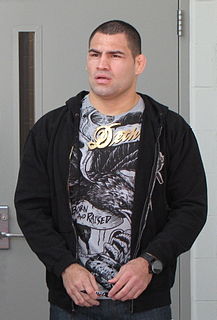A Quote by Daniel Negreanu
The correct strategy in heads-up poker is based on identifying and acting upon your opponent's strengths and weaknesses.
Related Quotes
For success I consider three factors are necessary: firstly, an awareness of my own strengths and weaknesses; secondly, an accurate understanding of my opponent's strengths and weaknesses; thirdly, a higher aim than momentary satisfaction. I see this aim as being scientific and artistic achievements, which place the game of chess on a par with other arts.
Find your true weakness and surrender to it. Therein lies the path to genius. Most people spend their lives using their strengths to overcome or cover up their weaknesses. Those few who use their strengths to incorporate their weaknesses, who don't divide themselves, those people are very rare. In any generation there are a few and they lead their generation.
I've known people who thought that reaching their potential would come from shoring up their weaknesses. But do you know what happens when you spend all your time working on your weaknesses and never developing your strengths? If you work really hard, you might claw your way all the way to mediocrity! But you'll never get beyond it.
There is not one style in particular that suits me. I think that every formation has its pros and cons. It's crucial to have a coach who understands your strengths and weaknesses. Obviously, I prefer to play up front, close to the opponents. That way I can make use of my strengths in one-on-one situations.


